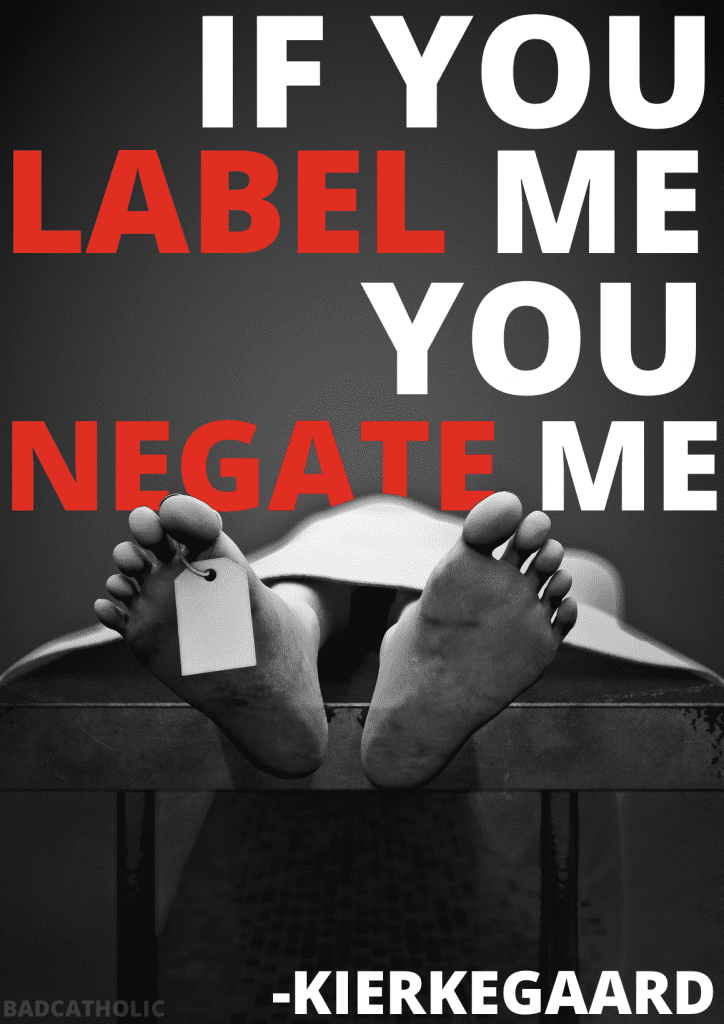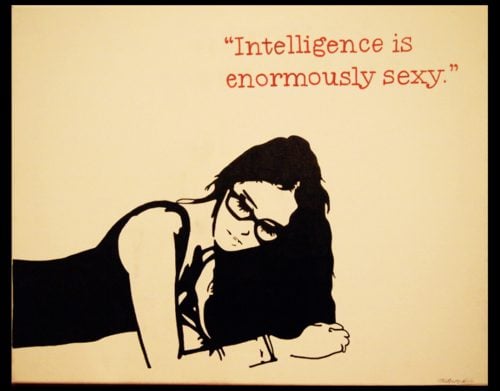Labels are not concerned with the accurate description of people. In fact, they work against description by allowing us to avoid dealing with the person — who is confusing — by pointing to an abstraction — which is simple. We replace the infinite, complex man with the immediately recognizable “liberal.”
This evident in that the labels “liberal” and “conservative” — in themselves — mean nothing. A man who is liberal is a man who allows, and a man who is conservative is one who conserves, but the precise quality of their allowing or conserving depends entirely on the fashions of the present age. It was certainly “liberal” to advocate for allowing abortion in the 1960’s. It was certainly “conservative” to resist this change. But now abortion is the norm, a right, and an essential quality of women’s health, making the promotion of abortion no longer liberal, but conservative, an effort to conserve the well-established institution of child killing. Still, we label abortion supporters “liberal” and “progressive,” because labels are not concerned with truth in description, but with leveling people into manageable terms.
Two men may be united under the common banner of being “pro-life,” but this label does not refer to the fact of their unity, that is, whether they really agree with each other. I could be called “pro-life” in my opposition to capital punishment, as could a man who supports the United States’ use of capital punishment. The label “pro-life” has nothing to do with our unity over the issue of protecting life, rather, it operates so as to level our disagreements, crush our distinctions, and unite us — not in the fact — but in the abstraction of “pro-life person,” a person who — as has been generally decided — opposes abortion. Our unity is feigned.
Labels do not describe us, they reduce the human person into an easily manageable set of traits, and they become intolerably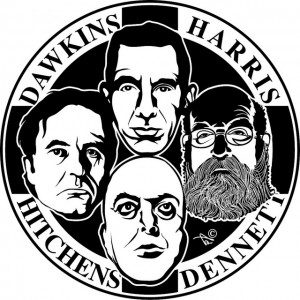 restrictive. An atheist friend of mine finds himself in this precise position. The word “atheist” has long been removed from its descriptive purpose, and now sits on that hazy, haloed throne as a “label,” carrying with it the weight of “New Atheism” which he detests for irretrievably linking “atheism” with “anti-theism”. But this is the point of labels, they are for subsuming people, for grinding away distinctions and replacing ourselves with caricatures.
restrictive. An atheist friend of mine finds himself in this precise position. The word “atheist” has long been removed from its descriptive purpose, and now sits on that hazy, haloed throne as a “label,” carrying with it the weight of “New Atheism” which he detests for irretrievably linking “atheism” with “anti-theism”. But this is the point of labels, they are for subsuming people, for grinding away distinctions and replacing ourselves with caricatures.
The word “gay” has long ceased describing a characteristic of a particular person and has instead become a label. It is a leveling mechanism. The only reason we can say with straight faces that, “Opposition to gay marriage is hateful to gays,” knowing — as we must — that there are men and women who are gay and yet oppose gay marriage, is that the label “gay” levels all those people sexually attracted to members of their own sex into neat categories for our use. Thus the gay best-friend, thus the fashionista, thus our godawful objectification of men with same-sex attraction into “the gay man,” the political pawn, or the “fag.” “The gays,” we say, and thus impose a sense of unity that doesn’t exist, in the precise way unity amidst “conservatives” does not exist outside of the mind.
Any label used to unite two people into common existence does so not by establishing community but by leveling distinctions. We thirst for community, but community is a unity of persons, not abstractions, a unity of real individuals united with all their distinctions, not a unity “freethinkers” or “traditionalists” or any leveled category or sub-category. Community holds people in common as the family holds people in common, rooting them in flesh and blood, in tangible fact, not just in a useful construct of the mind.
The family does not shy from the distinctions of its members, but relishes them as personal expressions of a common oneness. The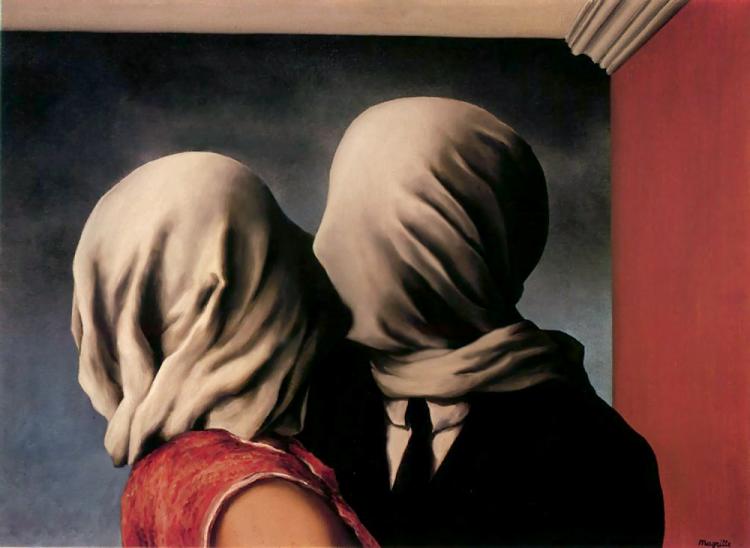 family is a phenomenon of love, in which one man can say to another “we are one, you mine and I yours,” and mean it as ontological reality. All true community is a phenomenon of love. Abstractions-applied-to-people are a distortion of community, and thus a distortion of love. Labels say “we are one,” but it is not the people who are one, it is their common trait, elevated above any real distinctions in the labeler’s mind and falsely applied back to real people. When Kierkegaard said, “If you label me, you negate me” he was absolutely right, for the label — insofar as it is applied to the person — destroys the person, breathing the breath God into a non-existent compilation of parts, giving the “conservative” an artificial life above and beyond the person. It is only in bitter irony or ignorance that we speak of a brotherhood amongst “conservatives,” “freethinkers,” or “the pro-choice movement.”
family is a phenomenon of love, in which one man can say to another “we are one, you mine and I yours,” and mean it as ontological reality. All true community is a phenomenon of love. Abstractions-applied-to-people are a distortion of community, and thus a distortion of love. Labels say “we are one,” but it is not the people who are one, it is their common trait, elevated above any real distinctions in the labeler’s mind and falsely applied back to real people. When Kierkegaard said, “If you label me, you negate me” he was absolutely right, for the label — insofar as it is applied to the person — destroys the person, breathing the breath God into a non-existent compilation of parts, giving the “conservative” an artificial life above and beyond the person. It is only in bitter irony or ignorance that we speak of a brotherhood amongst “conservatives,” “freethinkers,” or “the pro-choice movement.”
But let me be absolutely clear: We are the enemy. The problem with a general, hipster-hatred of labels is that it that the enemy becomes a mysterious “they” who imposes labels from above and should be resisted through the power of indie rock. It is true that “they” — primarily those involved in mass media — organize and manipulate society through the brilliant and loudly-applauded use of labels. How often and how easily we watch, read and listen to individuas being negated into bite-size categories, into “reactionary,” “religious,” “ideological,” “leftist,” “homosexual activists,” etcetera ad nauseam. But the media is only feeding us what we are kicking and screaming for. Labels work to make the immense difficulty that is human life easy.
By claiming the label “pro-life,” I eliminate any need to explain and develop a philosophy invested in the protection of life. Who I am is pro-life. It says so on my bumper sticker. You don’t need to hear my theories about potentiality, just talk to my movement. Similarly, if I can label a human person making a distinct claim as a “homosexual activist,” I can avoid dealing with his claim and his personhood. Instead, I can bravely deal with “homosexual activism,” a simple, objectified, concept easy to reduce to ashes or elevate to the status of untouchable divinity. It is no problem that we are unable justify our lives, our beliefs, and our actions in themselves and before Eternity, for — by latching on like leeches to the hazy flesh of abstraction — we are nourished with instant-justification. We are “conservatives” now. We are “Thomists,” and if you’ve a problem with my subjective existence, my beliefs and my principles, you can take it up with Thomism.
What else can we say of the explosion of labels that is the result of the LGBTQ movement, that frenzied invention of new, scientifically categorized sexualities and orientations and the subsequent, compassionate application of these to the foreheads of every human being in existence. The very kids who wanted an end to objectification and name-calling have developed the most intricate system of objectification known to man. Our genital urges are now couched in the language of identity, expressing who we are, be it heterosexual, homosexual, pansexual, bisexual, metrosexual, omnisexual, sapiosexual, asexual, transgender, lesbian, gay, queer, questioning, heteroromantic, biromantic, or any of the rest, and thus who we are has further become a choice amongst labels, each one defined, each one manageable, each one safely boxed away as a mental construct we the apply to the person: You are asexual. God bless you for coming out. What we pretend to want is an accurate description. What we really want is a label to be assumed into.
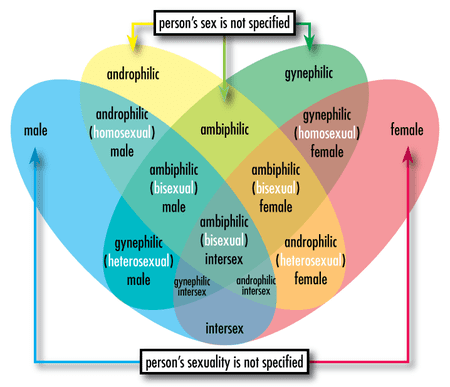
A label allows us to subsume ourselves into an abstract, and thereby cease dealing with immense difficulties of being our unique, particular ourselves. When I am truly silent and truly alone, I am alone with an I who finds himself living with no immediately discernible purpose, alone with an I who — quite naturally — feels the difficult desire to do good and avoid evil, to love the beautiful, to know the truth, an I with a conscience that constantly reminds me of my own inability to do any of these things, an I that doesn’t age but still is and feels like the same eternal I that lived and breathed at 10 years old. This is the I I return to when I am stripped of every external — of my ideology, career, possessions, class, race, and status — the I that must simply be, approaching death. This is, of course, terrifying.
To exist as the self that I am is to be removed from the millions of false systems by which I prop myself up and impregnate myself with value, to be peeled like an orange and held to the mouth of Eternity, that Awful Present Moment who judges who I am in the dark of here-and-now. Since I am guilty, bored, broken and can hardly bear to become the self who I am, I take refuge under the mighty pinions of labels. Who am I and where am I going? Am I living as I should? Will I die happy? Can I face Eternity?
Well, I’m a white, heterosexual, conservative, middle-class male who is becoming educated, a writer and an American with a book collection, Apple products, this many friends and these relations. I am even a Christian. See? Living is easy. I have been successfully labeled. Now, back to sleep.

